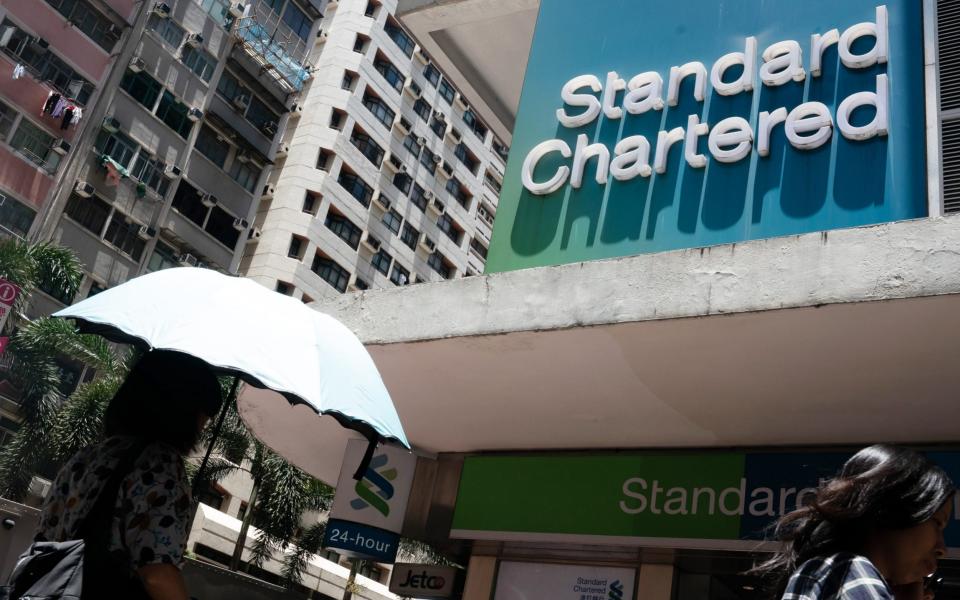Standard Chartered follows rivals in cutting office space

Standard Chartered has become the fourth UK bank to lay out plans to slash its office space this week, saying it wants to cut its footprint by a third over the next three years.
The Asia-focused bank, which told its 89,000 staff in November that they could work when they wanted and wherever they wanted, is the latest financial institution to make drastic permanent changes to office life.
Its closest rival HSBC said earlier this week that it intended to cut office space by 40pc, while Lloyds Banking Group is preparing for a reduction of 20pc and Metro Bank said it wanted to cut office space by a third.
Standard Chartered signed a deal with office network provider IWG earlier this year so that staff have the option to work in an area they want. Finance head Andy Halford said having outposts close to people’s homes created a “significant opportunity” to shrink its office footprint.
The plans emerged as the bank reported a 57pc fall in profit for 2020 to $1.6bn as coronavirus took its toll. However like its rivals the FTSE 100 lender confirmed that it would restart dividends following an industry-wide ban on payouts last year. It also announced a $254m share buyback.
The bank told investors it was hopeful the global economy could now recover from the pandemic due to vaccine rollouts, saying it believed that growth would be led by Asia where it makes most of its money.
Like HSBC, which is also London-based but makes most of its money in Asia, Standard Chartered has been criticised for backing Beijing’s controversial security law in Hong Kong, which criminalises anti-government movements in the former British colony. Chief executive Bill Winters said the bank had always had to battle political turbulence and this was “unusually visible” in 2020. He said the bank had to follow laws, an argument also advanced by HSBC.
Mr Winters batted off any suggestion that he might soon step down after six years in charge, saying: “I’m young and energetic, don’t let the grey hair fool you. I have no plans to leave.”
Co-op Bank set to return to profit in 'near future'
Meanwhile The Co-operative Bank said it remained on track to return to profit in the "near future" as it narrowed annual losses despite setting aside nearly £22m for loan defaults amid the pandemic.
The lender reported a pre-tax loss of £103.7m for 2020 against losses of £152.1m in 2019.
It booked a £21.6m charge for expected customer defaults on loans as a result of the pandemic.
But overall losses were trimmed as its customer compensation bill fell dramatically to £2m against the £63.5m seen in 2019 for payment protection insurance (PPI) mis-selling.
The group said it was on track for its target to return to profit in 2021, in spite of the loan losses charge and tumbling income due to record low interest rates.
Recently appointed chief executive Nick Slape said: "We have met or exceeded the financial performance guidance targets we set ourselves in 2020 and our progress positions us well for a return to profitability in the near future."
